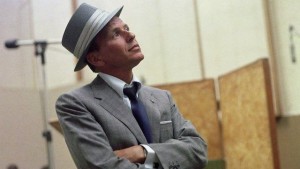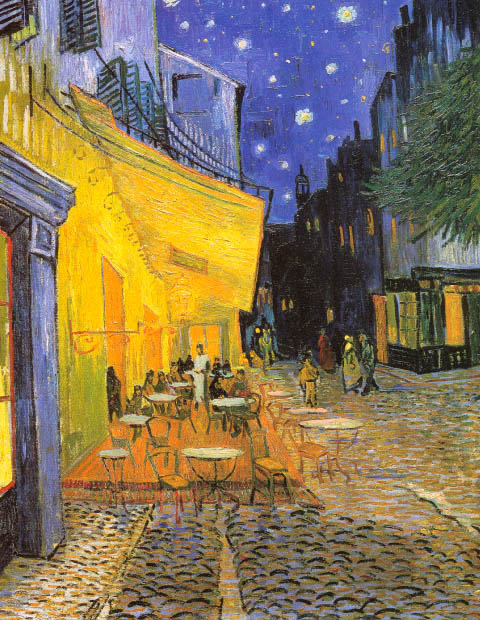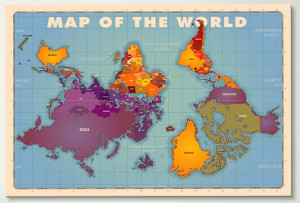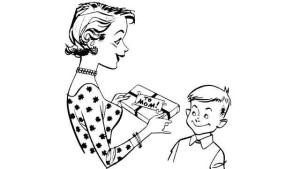[An older text from my first attempts to get to grips with the “music of man”, Musica humana. This text reflects on Musica instrumentalis and its connection to M. humana; from the one we can better embrace the other. See footnote for reference to Boethius, from whom these terms originate.]
Imagine that you are listening to a violin-piano recital. Think about all the things that take place before the duo actually starts to play.
The musicians enter on stage. Applause. The pianist strikes middle “A”, thereby establishing the Standard (probably 440 Hz). The violinist tunes his “A” string in accord with the piano. Thereupon he tunes the other strings to this now common standard. The concert can begin!
In this simple, commonplace situation we see a world of meaning. The theme here is tuning, being in tune, and it is not without interesting variations. Witness the different levels in operation.
1) Violinist tunes his “A” according to the piano
2) Violinist tunes his other strings to that “A”
1) means that there is accord within the group, in this case a group of two. 2) means that there is internal accord (harmony) within the solitary instrument.
Actually, this tuning business starts much earlier. For example, the piano has to be tuned before the concert. In this simple act we can see an example of a beautiful guiding principle in music. If we had the same prosaic, quantitative thinking (focusing of efficiency and saving time) in music as we generally have in society, the piano tuner would approach the pianist before the concert, and ask: “Tell me, which keys are you going to play on tonight? No use tuning strings that aren’t used….”
That would be a bad joke. Of course every string is tuned. Not only because it would be disrespectful to do otherwise, but also because the unstruck strings contribute to the overall sound. Overtones, undertones — every string matters.
There are more aspects to consider. The two musicians not only have to tune their instruments, they also have to be in tune as musicians. One cannot play in a wildly romantic manner while the other goes for dry objectivity; they have to find a mean.
Of course, many musicians play together exactly because they have similar musical temperaments. But you cannot always choose your partner. You might have to play with somebody who has a totally different view of the music. The tuning process then becomes more difficult; one or both sides will have to compromise, or at least meet on the bridge.

But it is not just you and the other musician(s) who have to harmonize. You also have to tune yourself to the music, and the composer. You and your partner may form a wonderful team playing a hideous Beethoven; in tune with each other but not with Ludvig.
Or the other way round. There are rock groups and even string quartets where the members don’t speak to each other, even travel in separate cars. They are obviously not in tune as persons, but during the concert they nevertheless play the same piece – in the same tempo – in the same key! Even people who are not on speaking terms regard music as a common, almost sacred zone. Cease fire!
Then we have the room. You have to take acoustics into consideration, too. That’s one more tuning process. You don’t play the same way in an intimate salon as in Carnegie Hall.
And the room is filled, hopefully, with listeners, people. Another factor to harmonize with, acoustically and psychologically. The audience can be seen as, and treated as, an instrument; a many-headed, many-stringed lyre. Especially in rock and jazz music there is much playing on this instrument. (Shall we call it “Audie-phone”?) Sometimes even more than on the regular instruments…
So now we have a whole series of “strings” to tune. The musician, the instrument, the instruments together, the musicians together, the music, the room, the audience. Out of this increasingly complex model I want to single out three factors. Let us call them the Individual (1), the Group (2), and the Whole (3).
In terms of Musica instrumentalis this could mean (1) one instrument, (2) all instruments, and (3) the room. Or (1) musician, (2) all musicians and (3) all musicians and the audience.
Seen on the level of Musica humana (the music of Man) this could mean (1) a single human being, (2) a group (small or large; a couple, a family, circle of friends, nation, etc.) and (3) the Earth (a classical Whole). (3) could also be the solar system.
Footnote: Boethius says there are three kinds of music: Musica instrumentalis (what we nowadays term music: playing, singing, sounds, CD-s. etc. This is all we have nowadays.), Musica humana (the music of man, not very clearly explained as I remember, the subject of my studies), and Musica mundana (the music of the world, what we call the “music of the spheres”, something very abstract and probably meaningless for most of us.).














